“The slow pace of increasing defence spending and investment in Europe is a hindrance both to supporting Ukraine as well as raising the defence capability of our own countries. The lives of Ukrainians are at stake, but also Europe’s own ability to defend itself. The annual gross domestic product of the European Union is roughly EUR 16 trillion, however, from the European Peace Facility we have provided support in the sum of EUR 4,6 billion, a mere 0.03% of the European GDP. This shows that we have the joint capacity to both support Ukraine until its victory and to ensure the security of our citizens,” said Estonian Minister of Defence Hanno Pevkur.
“This spring, we jointly agreed in the EU that we would send 1 million rounds of artillery ammunition to Ukraine by March 2024. Six months are left, however, it is clear already now that all EU member states have to contribute more to reach that goal. In addition to sending existing stocks and manufacturing new ones, we also have to quickly consider alternatives to reaching the objective, including refurbishing expiring rounds and procurements from third countries,” added Pevkur.
Can we do more? Yes, we can. #DefMin @HPevkur outlines the options at #FAC ministerial in #Toledo:
🔹 Dig into stockpiles
🔹 Refurbish old rounds
🔹 New contracts for ammo production#EU2023ES #StandWithUkraine pic.twitter.com/HRsX4GDId8— MoD Estonia (@MoD_Estonia) August 30, 2023
During the visit, the ministers of defence jointly visited the European Satellite Centre (SatCen), located near Madrid, for an overview of the centre’s achievements, as well as challenges stemming from Russia’s war of aggression. “SatCen is an important cooperation partner for Estonia that supports our early warning system. The Russian war in Ukraine has clearly shown the importance of military geography and satellite intelligence, therefore, we have to continue its further development,” explained Pevkur.
In addition, the Estonian Minister of Defence Pevkur met bilaterally with the ministers of defence of Portugal and the Netherlands to discuss strengthening the deterrence and defence posture on NATO’s eastern flank.
On the second day of the meeting, the working session was joined also by NATO Secretary General Jens Stoltenberg and the UN Assistant Secretary General Jean-Pierre Lacroix. As a continuance of the Vilnius Summit in June, the discussions focused on the exchange of views on the long-term impact of the Russian war of aggression on the regional and global levels. The second working day also includes a discussion on the security situation in the Sahel region.



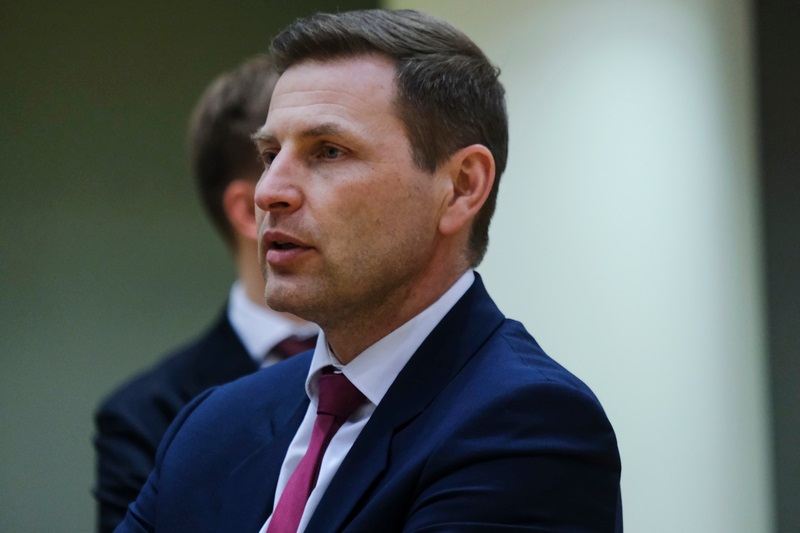
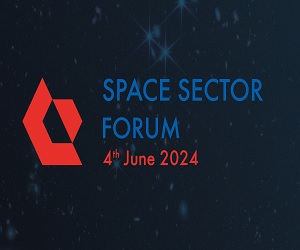
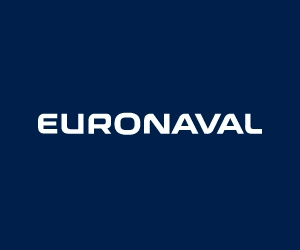


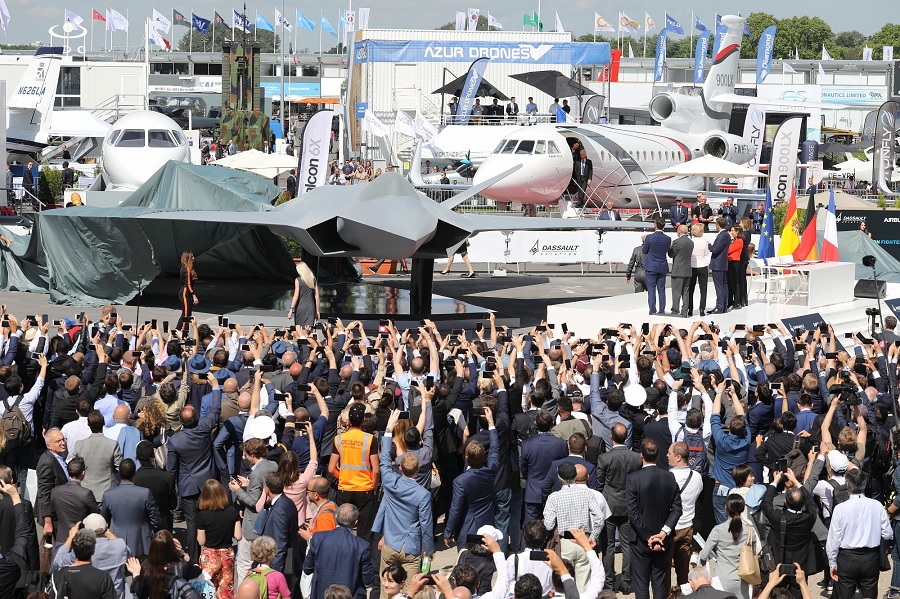
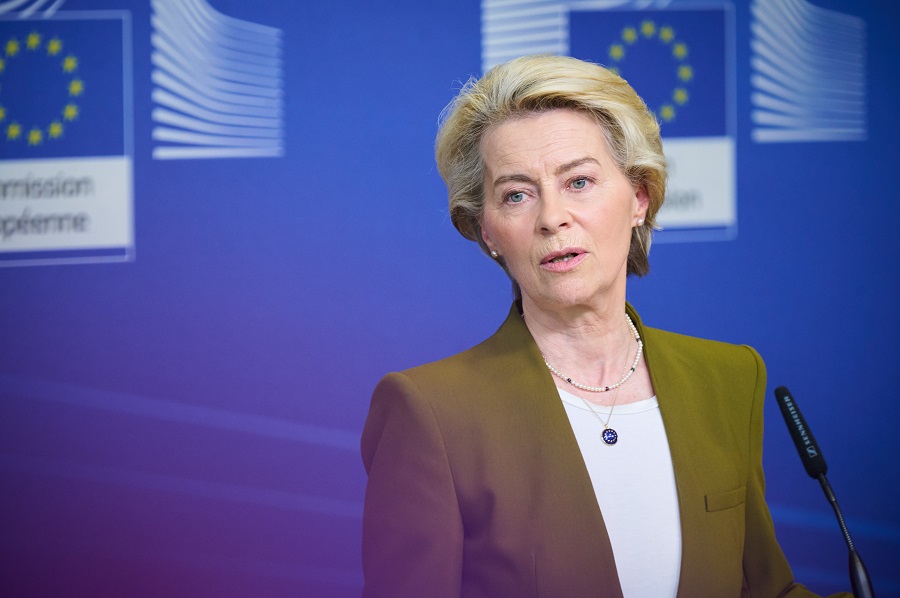
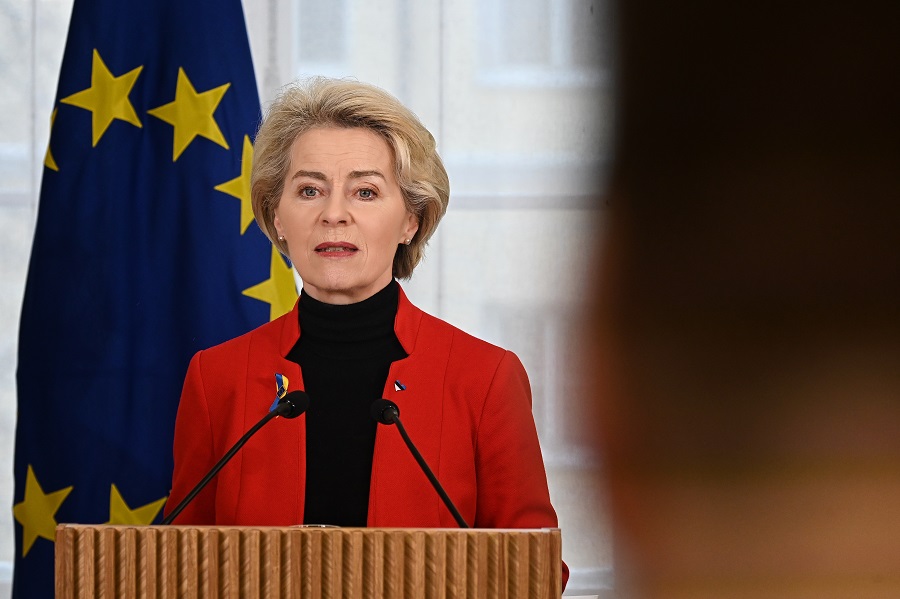


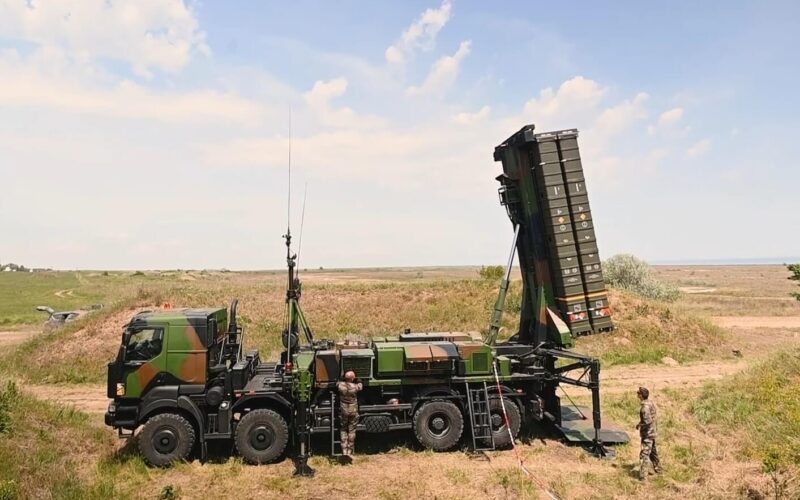

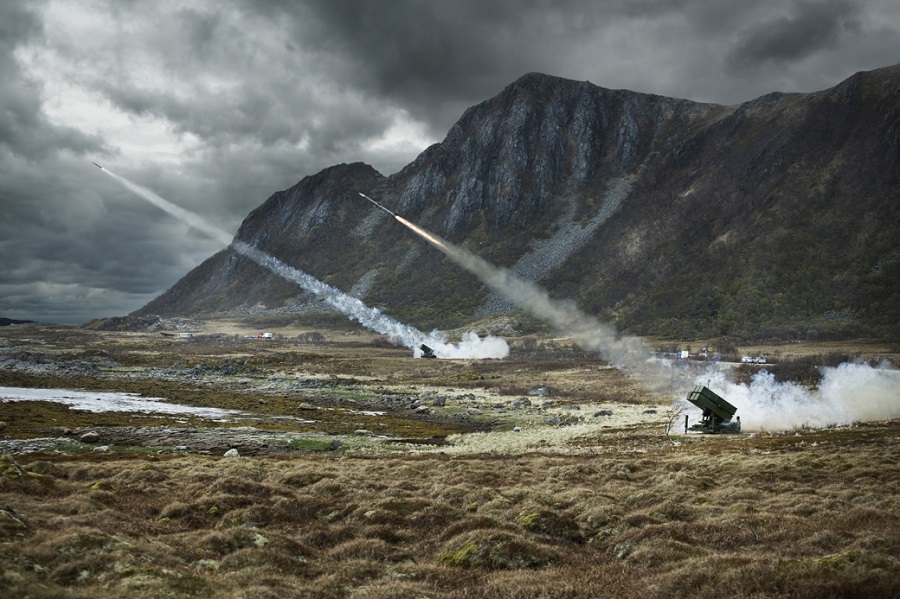



![NATO to consider increasing, stabilising support for Ukraine [BRIEF]](https://defence-industry.eu/wp-content/uploads/2023/12/Diehl-Defence-EUR-600-million-order-for-IRIS-T-SLM-air-defence-system.jpg)







